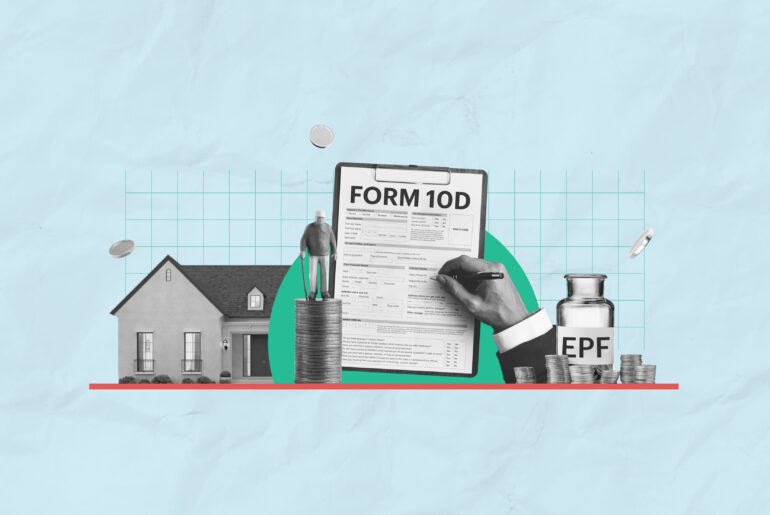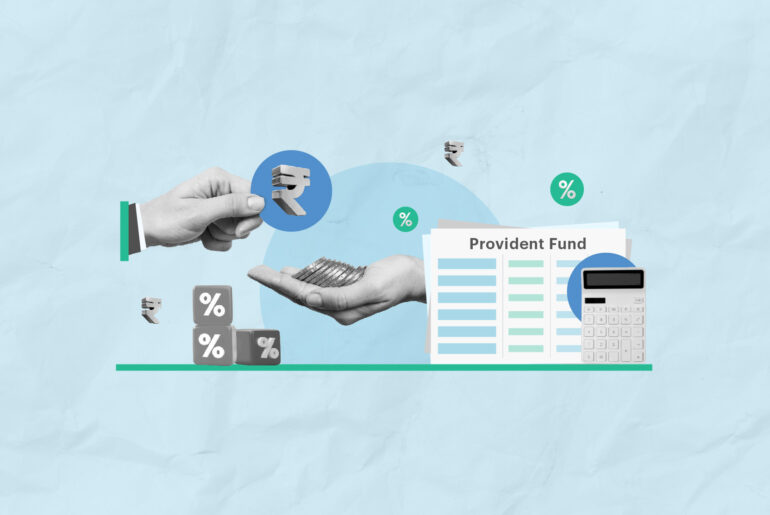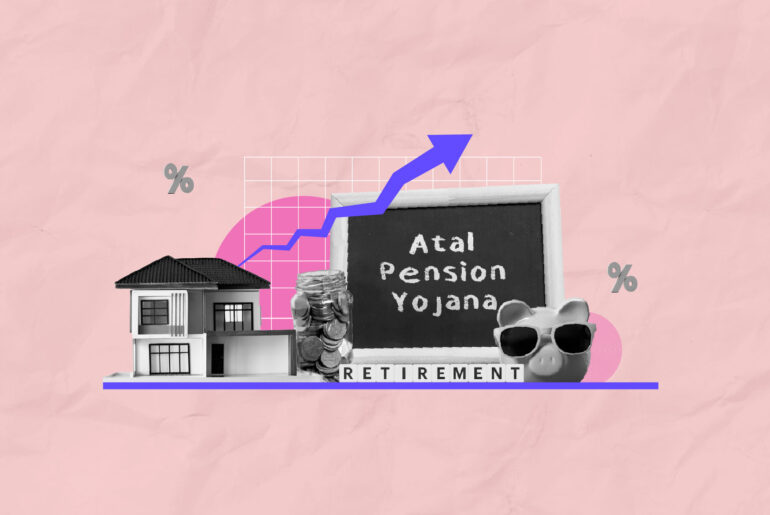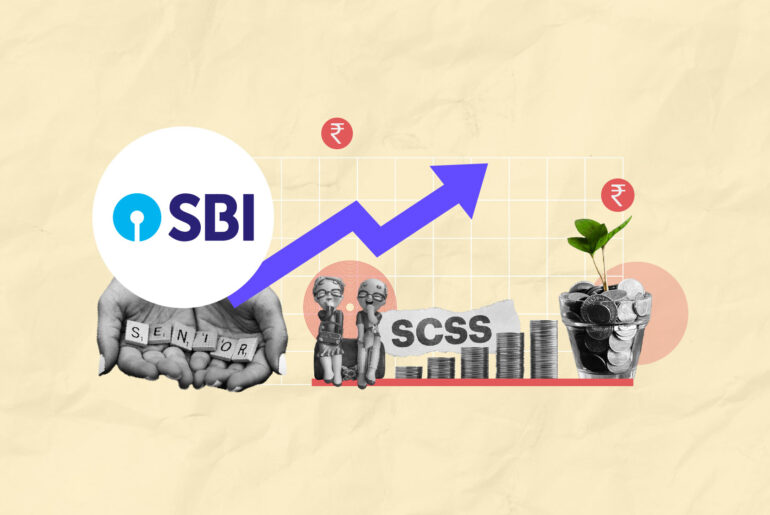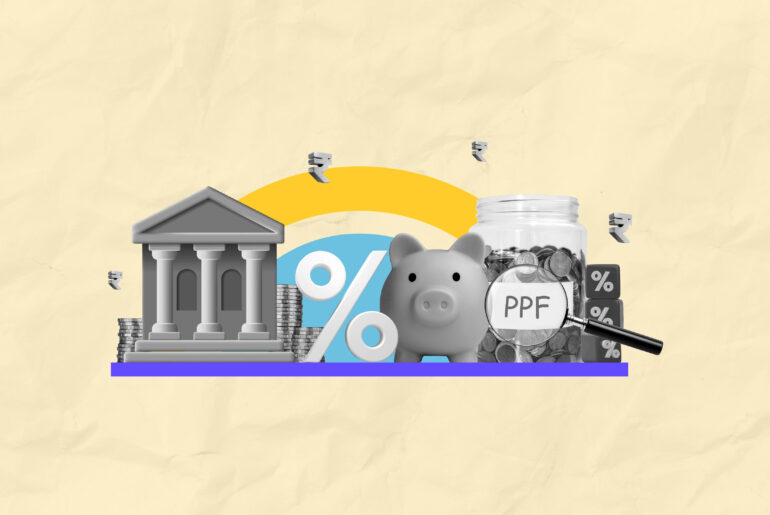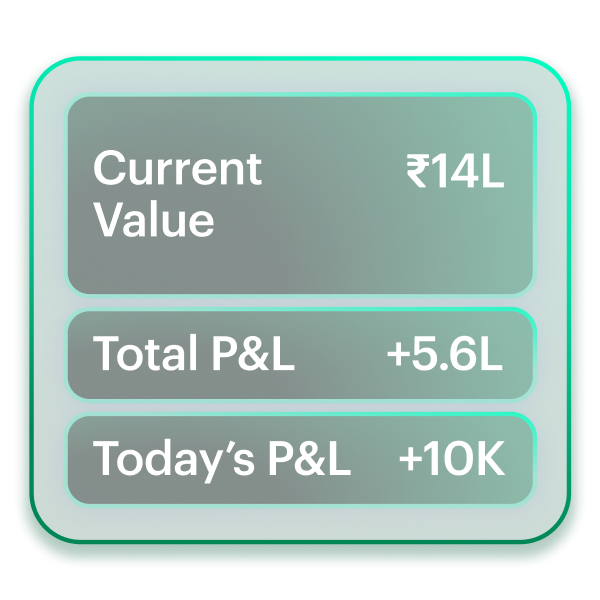Read about top fixed deposit interest rates offered by various banks and NBFCs, along with tax-saving fixed deposits.
VRS allows employees to retire before their actual retirement date. Click here to get a complete understanding of voluntary retirement scheme including benefits, eligibility criteria & more.
National Savings Certificate (NSC) is a popular fixed-income investment scheme backed by the Indian Government. It is specifically for small to mid-income investors to encourage them to invest while saving on taxes.
Gratuity is a monetary benefit an eligible employer pays their employees under the Payment of Gratuity Act. Read gratuity rules, eligibility, calculation and more here.
Every employee who is registered at Employee Provident Fund Organisation (EPFO) is by default enrolled on the Employee Pension Scheme (EPS). Under EPS, all members can claim for pension at 58 yrs of age after retirement.
There are three parts to the PF: Employees’ Provident Fund (EPF), Employee Pension Scheme (EPS) and EDLI (Employees Deposit Linked Insurance Scheme). In the Employees’ Provident Fund (EPF), the contributions are made by both the employer and the employee. While in EPS and EDLI, only the employer contributes towards the PF.
Understanding the importance of pensions, the government of India launched Atal Pension Yojana in the 2016-2016 budget. It is specifically designed for the unorganised sector workers in India.
One of the well-known schemes is the Senior Citizens Saving Scheme at SBI (State Bank of India). In this article, read about SBI Senior Citizen Savings Scheme with the interest rate offered, taxation, and the application process.




